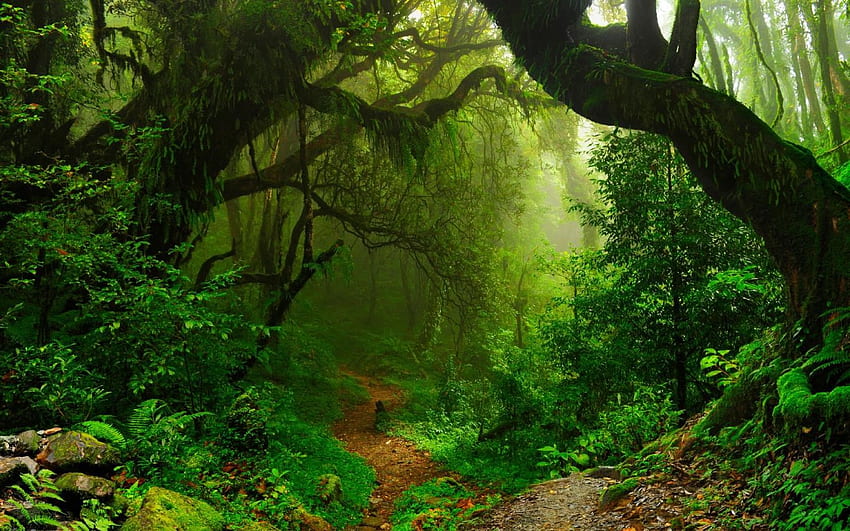
In a world as diverse as ours, the rich tapestry of ecology and biodiversity unfolds like a beautiful symphony of life. From the tiniest insect to the towering trees, each piece plays a vital role in the intricate web of nature’s balance. Every creature, plant, and ecosystem contributes its unique essence, creating a harmonious dance of survival and coexistence.
Jangkrik.ac.id stands as a beacon of knowledge and inspiration, dedicated to illuminating the importance of preserving this delicate balance. As an Ecology Learning Center, we are deeply committed to providing easily accessible resources for all who wish to delve into the depths of ecology and understand its fundamental role in sustaining the beauty and resilience of our natural world. Join us on this enriching journey of discovery and stewardship, as we explore the wonders of ecology and biodiversity together.
Importance of Biodiversity Conservation
Biodiversity conservation is vital for the health of our planet. The abundance and variety of living organisms contribute to ecosystem resilience, helping them withstand environmental changes. By protecting biodiversity, we ensure the continuation of essential ecosystem services such as clean air, water, and soil fertility.
Furthermore, each species plays a unique role in maintaining ecological balance. Loss of biodiversity can disrupt these intricate relationships, leading to cascading effects that impact entire ecosystems. Conservation efforts are crucial in preserving the delicate web of life and preventing the extinction of vital species that contribute to the functioning of ecosystems.
In addition, biodiversity is a source of inspiration and innovation for human society. Many scientific advancements and technological breakthroughs have been inspired by nature. By conserving biodiversity, we not only protect the environment but also unlock new possibilities for sustainable development and advancement.
Role of Online Platforms in Environmental Education
Online platforms have revolutionized the way people access information, making it easier than ever to learn about ecology and biodiversity. These platforms such as Jangkrik.ac.id provide a wealth of resources and materials that cater to diverse learning styles and preferences. Through interactive modules, videos, and forums, online platforms create a dynamic learning experience that engages and educates individuals on the importance of preserving our natural world.
One of the key advantages of utilizing online platforms for environmental education is the accessibility they offer. With just a few clicks, anyone from around the globe can access a treasure trove of information on ecology and biodiversity. This accessibility breaks down geographical barriers and allows knowledge to be shared across borders, fostering a sense of global awareness and responsibility for the environment.
Furthermore, online platforms play a vital role in promoting community engagement and collaboration in environmental causes. Through social media integration and online forums, individuals can connect with like-minded peers, share ideas, and participate in discussions on pressing ecological issues. By fostering a sense of belonging and collective action, online platforms empower individuals to become active participants in the fight to preserve our precious ecosystems.
Challenges in Preserving Ecology
Preserving ecology comes with its own set of challenges. One major obstacle is habitat destruction, which occurs due to activities such as deforestation and urbanization. This leads to loss of biodiversity and disrupts delicate ecosystems that have evolved over centuries.
Another challenge is climate change, caused by factors like greenhouse gas emissions and global warming. This has a direct impact on various species and their habitats, leading to shifts in ecosystems and affecting the balance of nature.
Additionally, pollution poses a significant threat to ecology and biodiversity. Contamination of air, water, and soil harms organisms and can lead to devastating consequences for entire ecosystems. Addressing these challenges requires collective effort and a commitment to sustainable practices in order to ensure a harmonious coexistence with nature.
